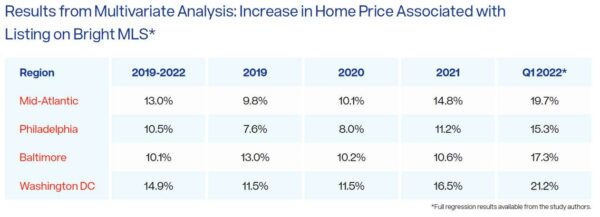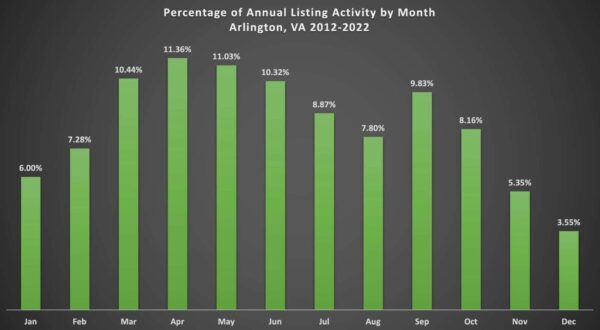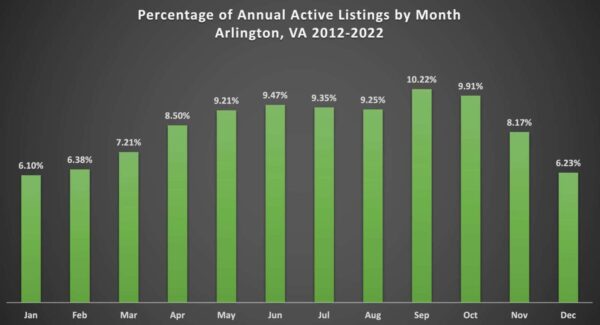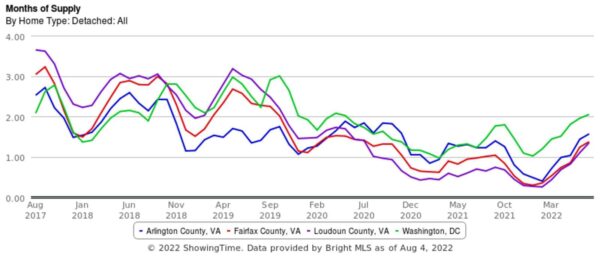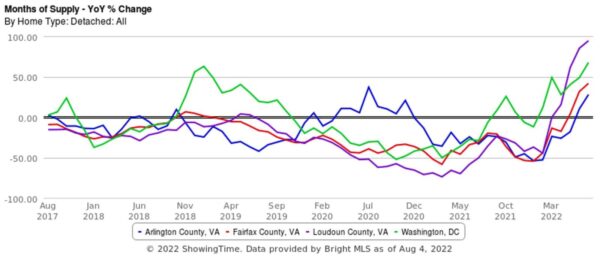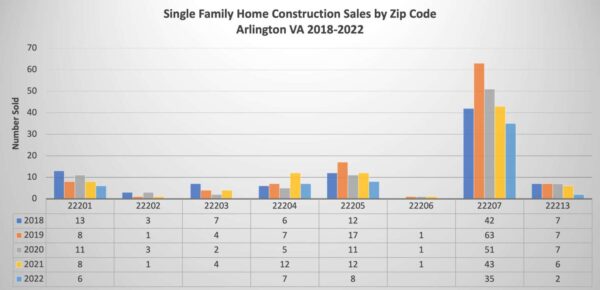This regularly scheduled sponsored Q&A column is written by Eli Tucker, Arlington-based Realtor and Arlington resident. Please submit your questions to him via email for response in future columns. Video summaries of some articles can be found on YouTube on the Ask Eli, Live With Jean playlist. Enjoy!
Question: We are planning to put our home on the market this spring and seeking advice on home improvement projects to maximize our sale. What guidance do you have on home improvement projects with the best resale value?
Answer: The decisions you make about money you do or do not spend improving your home prior to a sale can influence your bottom line more than most other decisions you make during the sale process. They’re also the decisions you’re most in control of, so take your time and plan carefully.
Most Remodeling Projects Lose $$$ on Resale
Remodeling.com publishes an annual report showing the resale return of specific remodeling jobs, based on region of the country, and the 2022 report was published earlier this month. Unfortunately, I can’t share the D.C.-area report because of copyright issues, but it’s worth visiting the link yourself (they require some basic info).
The findings of their report show that the majority of projects (e.g. bathrooms/kitchen remodel, new roof/windows/siding), done individually, return just 50-80% of the cost. I have seen another study by Zillow that shows similar projections.
There are, of course, always exceptions to this guidance. For example, if most of your home has been updated except for one room/bathroom, you will probably get a much better return making modest improvements to the lagging space to bring it up to par with the rest of the home.
Another example is improving something that is in exceptionally bad condition such as replacing old, rotting single-pane windows that don’t function and have air leaks; you’ll probably earn yourself close to or above 100% return on this work rather than the ~65% determined by the Remodeling.com study.
So when considering larger scale home improvement projects — kitchen renovation, new roof, porch addition — it’s rarely a good idea to do this work strictly for resale purposes, but only if you’re going to realize personal value from it.
Should You Ever Spend on Listing Prep?
The study mentioned above is in reference to more expensive home improvement projects and does not include the most common (and profitable) work done for listing prep like painting, power washing, cleaning, landscaping, and flooring.
Prior to most sales, every homeowner should make a list of possible repairs and improvements and gather pricing for all worthy projects. If you plan to hire a real estate agent for your sale, I highly recommend doing this with your agent, who should have a good understanding of profitable vs unprofitable projects for your market/property type and have a team of contractors available to support the work.
They should have a deep enough knowledge of buyer preferences, your sub-market, and project cost to prepare a set of listing prep recommendations based on your home and budget, rather than a generalized one-size-fits-all plan.
After you prepare a full list of potential improvements, you can bucket them in tiers and analyze each tier for cost, project timeline, and impact on the expected resale value to determine which improvements make the most sense. These tiers generally fall into three categories:
- Clean-out, Clean-up: This focuses on the low cost, high return items to make a home more presentable such as painting, deep cleaning, repairs, light landscaping, etc
- Bring up to par: Investing in one/some more expensive projects to bring them up to par with the rest of the home. For example, improving a dated bathroom if the rest of the home is updated so that the one bathroom doesn’t drag down the value of the other improvements.
- Remodel/Homeowner Flip: Similar to what an investor might do to a dated home in an expensive neighborhood, a homeowner might choose to make a major investment into updates and benefit from a significant profit
Consider All Costs
The cost of doing improvements goes beyond the cost of the labor and materials. Don’t forget to consider things like:
- Your time managing the work (note, a real estate agent will generally handle project management)
- If you’ll live in the home during work, the inconvenience of having work done while you’re there
- If you’ll move out before starting work, the carrying cost while work is being done
- Risk of something going wrong during the work (applies more to larger projects)
- Contingency budget for unexpected work that may come up during the project(s)
Always Seek 100%+ ROI
There’s no doubt that remodeling your kitchen will generate a higher sale price, but it’s rarely advisable to invest money into improvements if you won’t return more than 100% on the investment. Herein lies the challenge and strategy in planning your improvements. Understanding the profile of your likely buyers and what they value, plus other factors like market conditions and property type, is crucial to making investments that generate profit, not just a higher price.
If you’d like to discuss buying, selling, investing, or renting, don’t hesitate to reach out to me at [email protected].
If you’d like a question answered in my weekly column or to discuss buying, selling, renting, or investing, please send an email to [email protected]. To read any of my older posts, visit the blog section of my website at EliResidential.com. Call me directly at (703) 539-2529.
Video summaries of some articles can be found on YouTube on the Ask Eli, Live With Jean playlist.
Eli Tucker is a licensed Realtor in Virginia, Washington DC, and Maryland with RLAH Real Estate, 4040 N Fairfax Dr #10C Arlington VA 22203. (703) 390-9460



